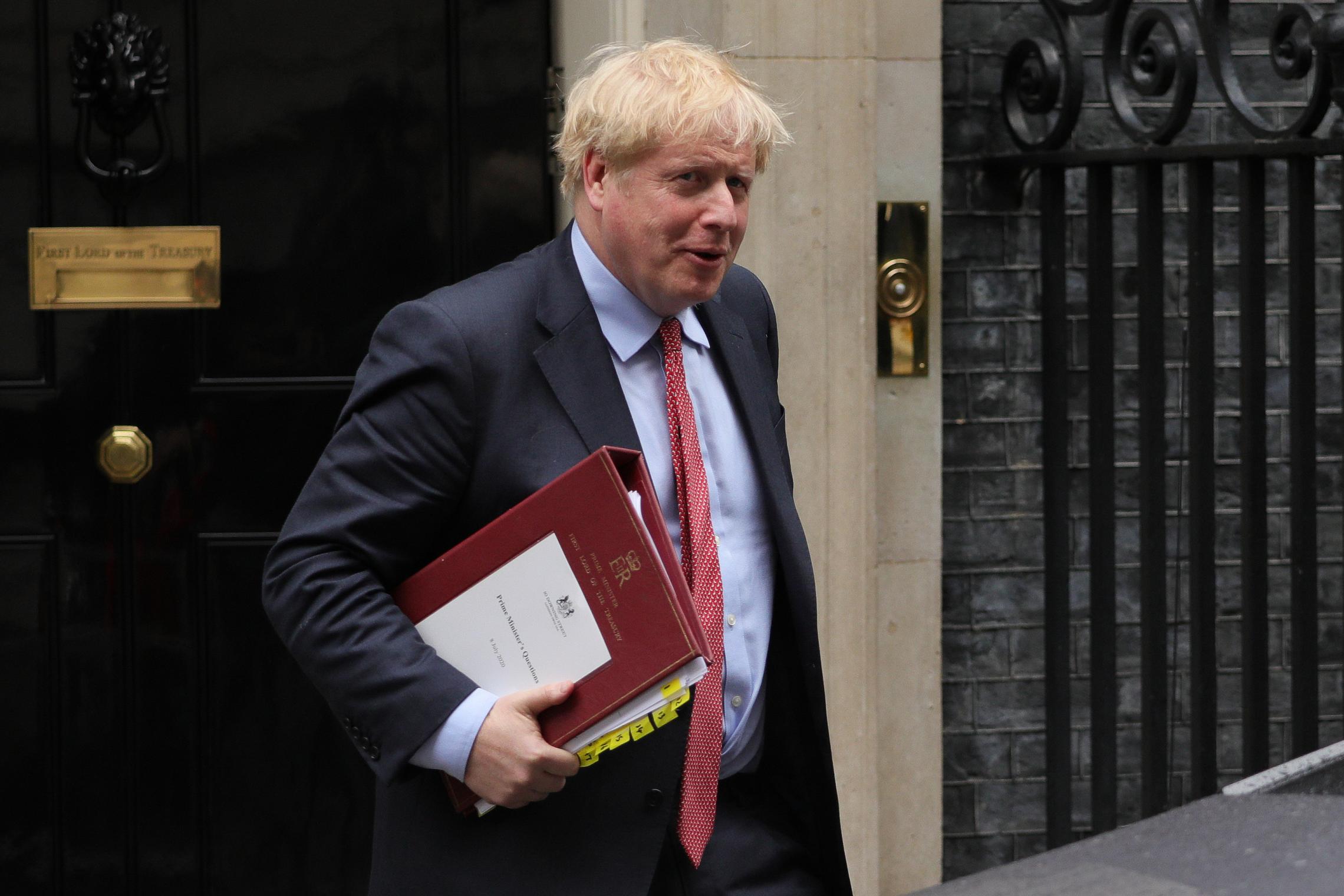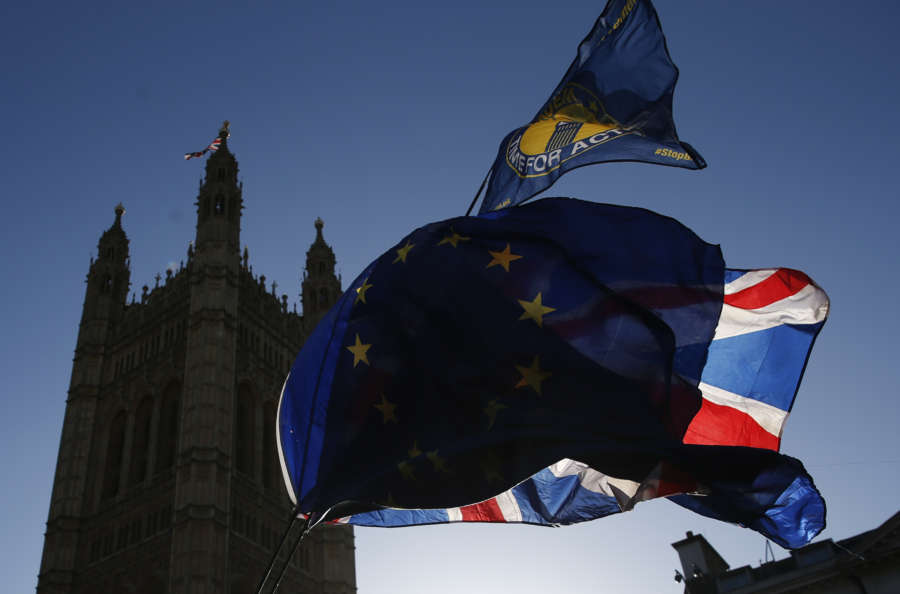British Prime Minister Boris Johnson told a parliamentary committee he did not believe the European Union (EU) was negotiating a Brexit deal with Britain in good faith.
Johnson spent more than an hour being grilled by the House of Commons Liaison Committee on Wednesday, made up of the chairs of the major parliamentary select committees, Xinhua news agency reported.
Questions were fired at Johnson over the controversial Internal Market Bill he introduced this week in the British parliament. MPs who are opposed to the bill had claimed it would breach international law by overriding some parts of the Brexit deal signed by Britain and the EU.
Veteran Labour politician Hilary Benn asked Johnson if he thought the EU was negotiating in good faith, to which he replied: “I don’t believe they are.”
Pressed further, Johnson said that perhaps Brussels will prove his suspicions wrong, adding if that was the case, all will be well.

He said he preferred to have the safety net of the Internal Market Bill, which survived a challenge earlier this week from the main opposition Labour Party.
Johnson said it was the duty of the prime minister to protect the integrity of the UK, despite being reminded that some former prime ministers had urged him not to go ahead with the bill.
The government has insisted that the bill is intended as a safety net to ensure trade between Britain’s mainland and Northern Ireland is not affected by the Brexit deal.
Johnson was challenged over the need for law-breaking clauses, saying the bill would provide belt-and-braces protection against extreme interpretations of the Brexit protocol.
He said the law-breaking powers will only be used in extreme circumstances.
Brussels has complained that the clauses of the bill, if invoked, would breach international law.

Johnson’s government has agreed to table an amendment to the bill, giving MPs a vote before its powers are used.
During the questioning, Johnson told MPs Britain will impose reciprocal tariffs on EU goods in the event of Britain having no post-Brexit trade deal with Brussels.
Johnson said that a no-deal scenario was not what Britain wanted and was not what the EU wanted from Britain.
“Therefore, I have every hope and expectation that that won’t be the outcome,” he said.
Britain and the EU have both said a new trade deal needs to be agreed by mid-October to enable it to come into force on January 1, the day after a year-long Brexit transition period comes to an end.